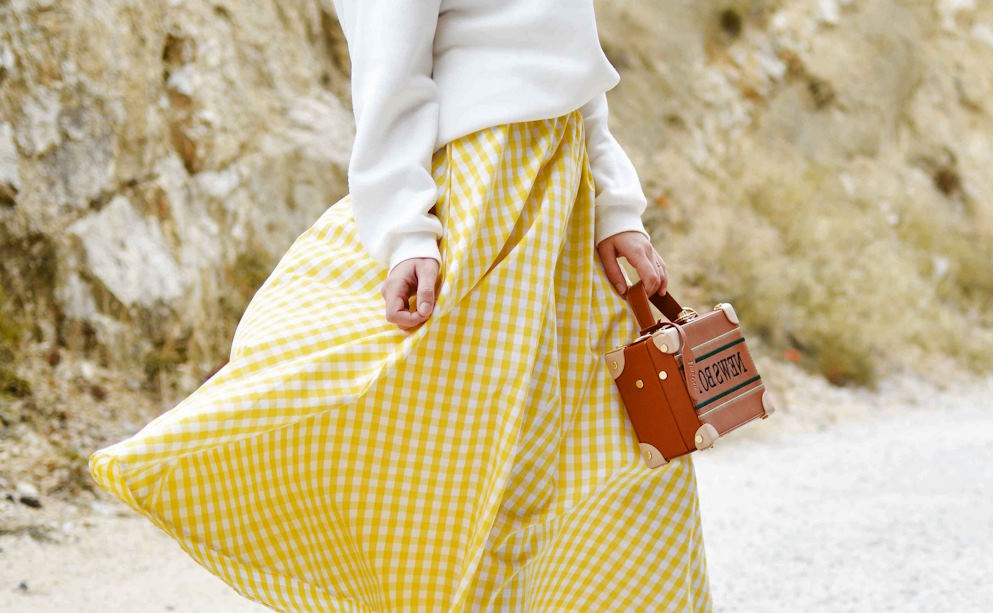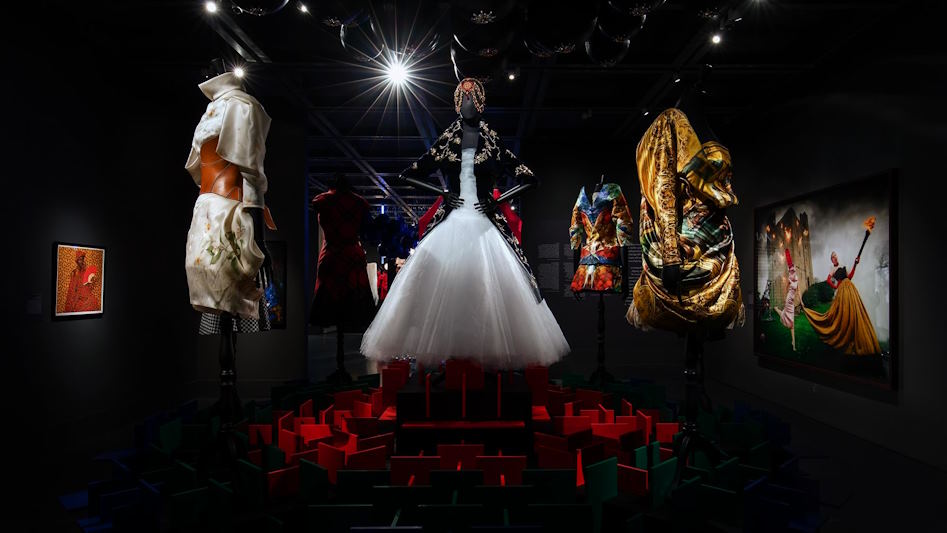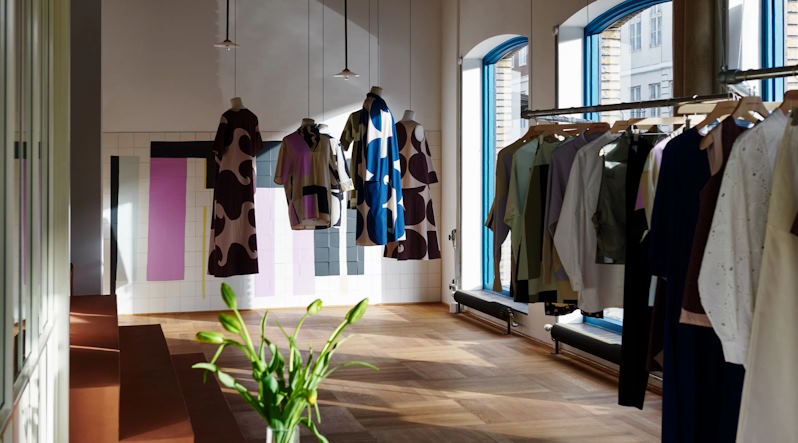Fashion is a powerful mode of self-expression, a dynamic art form that speaks volumes about culture, identity, and the zeitgeist of an era. Amidst the flux of trends and the whirlwind of seasonal fads, there exist styles that remain unshaken by the sands of time—fashion archetypes that have stood as witnesses to the evolution of societal norms, artistic movements, and individual attitudes. These enduring styles, revered as icons, serve as touchstones for designers and enthusiasts alike, offering inspiration and a connection to the roots of sartorial creativity. As we embark on a journey through the annals of fashion history, we unravel the stories of these timeless icons, exploring their origins, transformations, and the profound impact they’ve had on the ever-unfolding narrative of style.
The Timeless Elegance of the Little Black Dress
Origin and History
The little black dress, often affectionately abbreviated as the “LBD,” has its roots deeply embedded in the early 20th century. Introduced by the legendary fashion icon Coco Chanel in the 1920s, this minimalist creation revolutionized women’s fashion by breaking free from the constraints of extravagant and ornate styles. Chanel’s LBD was a simple, calf-length design that dared to challenge conventions, offering an elegant alternative for women seeking sophistication without excess.
Cultural Significance and Association
The little black dress swiftly transcended its utilitarian origins to become an emblem of timeless elegance and versatility. Its sleek silhouette became synonymous with Audrey Hepburn’s portrayal of Holly Golightly in “Breakfast at Tiffany’s,” immortalizing the LBD as the epitome of chic. Hepburn’s image, alongside other iconic figures like Princess Diana and Marilyn Monroe, cemented the LBD’s status as a symbol of understated glamour, while simultaneously championing a sense of independence and empowerment for women.
Evolution Over the Decades
Through the decades, the little black dress evolved to reflect changing fashion trends, maintaining its relevance and allure. From the flapper-esque styles of the 1920s to the tailored cuts of the 1940s and the bold statements of the 1980s, the LBD adapted to each era while retaining its core essence of sophistication and simplicity.
 Denim: From Workwear to Wardrobe Staple
Denim: From Workwear to Wardrobe Staple
The Humble Beginnings of Denim
Denim, originally designed as rugged workwear, emerged in the 19th century as a sturdy fabric ideal for labor-intensive tasks. Its durability and resilience made it a preferred choice among miners, cowboys, and laborers. Initially, denim was practicality incarnate, far from the fashion statement it would evolve into.
Transformation into a Fashion Essential
The mid-20th century witnessed a transformative shift in denim’s trajectory, as it transcended its utilitarian origins to become a symbol of rebellious youth culture. The emergence of denim-clad icons like James Dean in the 1950s gave rise to a new wave of fashion expression. Denim was no longer confined to the worksite; it had become synonymous with a carefree attitude and a hint of defiance, embodying the essence of the counterculture movement.
Iconic Denim Pieces
Jeans, denim jackets, and skirts emerged as the cornerstone of this denim revolution. The blue jeans, pioneered by Levi Strauss, became a universal wardrobe staple, evolving in style from bootcut to skinny to boyfriend fits. The denim jacket exuded coolness, often adorned with patches and customizations, while denim skirts found their way into casual and chic ensembles, bridging the gap between comfort and fashion.
 Athletic Influence: The Evolution of Sportswear into Athleisure
Athletic Influence: The Evolution of Sportswear into Athleisure
Tracing the Transition of Sportswear
The journey of sportswear from the sports field to the streets is a tale of functionality turned fashion. Initially confined to gyms and tracks, sportswear gradually began infiltrating everyday wardrobes. Its emphasis on comfort, durability, and performance laid the foundation for a transformative shift in the way we dress.
Rise of Athleisure and Fusion with Fashion
The emergence of athleisure—a seamless blend of athletic wear and leisurewear—ushered in a paradigm shift in the fashion industry. Athleisure embraced a lifestyle that seamlessly combined the practicality of sportswear with the flair of fashion. Suddenly, hoodies, leggings, and sneakers transitioned from gym gear to fashion statements, offering both comfort and style to the modern individual.
Iconic Sportswear Pieces
Hoodies, once relegated to post-workout cover-ups, gained cult status as an athleisure essential. Sneakers transcended their utilitarian purpose to become fashion-forward items, pairing effortlessly with dresses and suits. Leggings evolved into versatile pieces suitable for workouts and casual outings alike, embodying the marriage of fashion and function.

